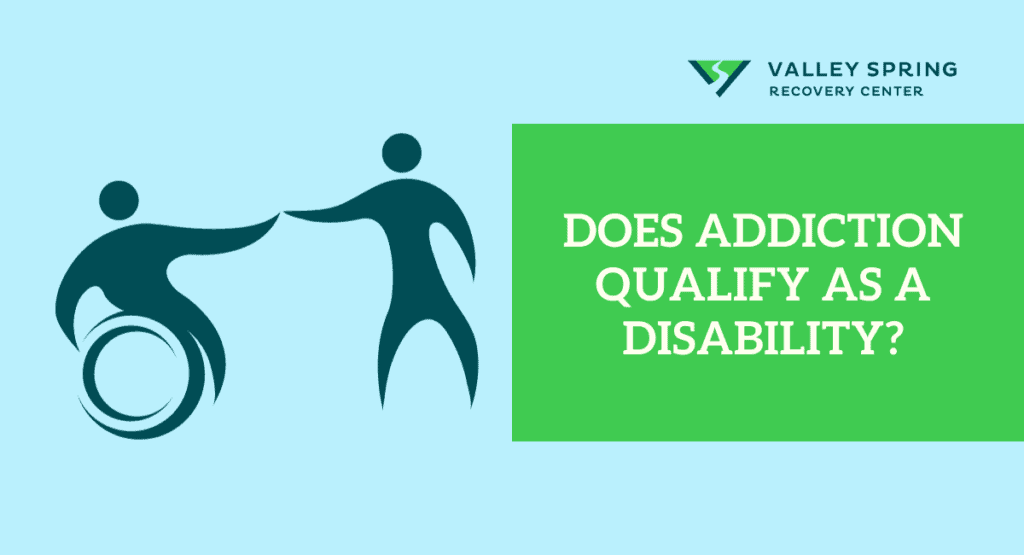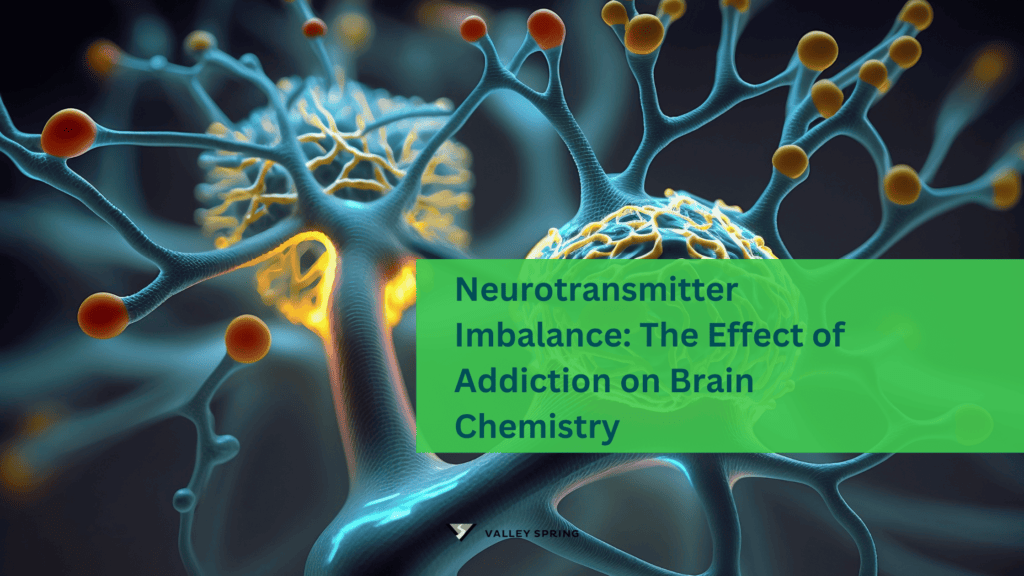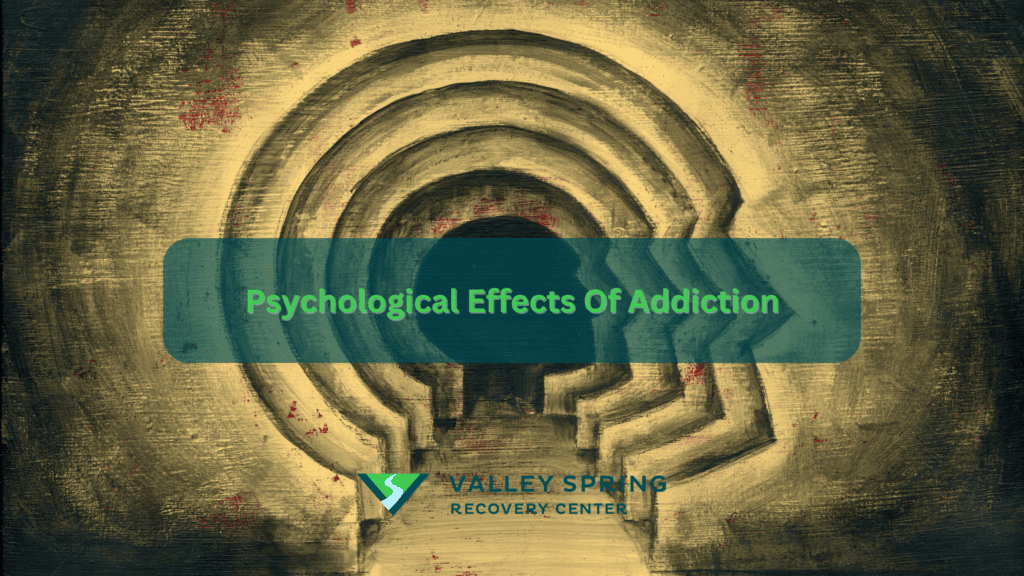Addiction is recognized as a disability because it constitutes a physical or mental impairment that significantly limits one or more major life activities, such as brain function and neurological processes. Under the Americans with Disabilities Act (ADA), alcohol addiction is usually considered a disability, regardless of whether the alcohol use is current or in the past. However, for addiction to opioids and other drugs, ADA protection applies only to individuals in recovery who are not currently engaging in illegal drug use according to the ADA National Networks guidance for addiction and recovery for State and Local Governments.
What is Considered a Disability under the ADA?
Under the Americans with Disabilities Act (ADA), a disability is defined as a physical or mental impairment that substantially limits one or more major life activities, a record of such an impairment, or being regarded as having such an impairment. The ADA protects individuals with disabilities from discrimination in various areas, including employment, public accommodations, transportation, and telecommunications.
- Alcohol Addiction: Alcohol addiction is generally considered a disability under the ADA, irrespective of whether it’s a current or past addiction.
- Drug Addiction: For people addicted to opioids or other drugs, the ADA protection applies only to those in recovery who are no longer engaging in the illegal use of drugs.
- Illegal Drug Use: This includes the use of substances like heroin or cocaine and misuse of prescription medications such as opioids without a valid prescription.
- In Recovery: Being in recovery means the individual has stopped the illegal use of drugs or is participating in a supervised rehabilitation program.
It’s important to note that the ADA’s definition of disability has been interpreted and clarified through many legal cases and regulatory guidance. The determination of whether a specific condition qualifies as a disability under the ADA is typically based on an individualized assessment of how the impairment affects major life activities.
How Are The Disability Laws For Addiction Applied To Different Scenarios?
Under the ADA, the legal provisions for addiction encompass various areas such as employment, housing, medical considerations, and social services. The application of the law based on circumstance is listed below:
1. Addiction and Employment
In the employment process, the Americans with Disabilities Act (ADA) plays a crucial role, particularly for individuals with disabilities, including those with a history of addiction. The ADA sets clear guidelines on what is permissible during various stages of employment concerning individuals with disabilities.
- Application and Interview Stage: During this phase, the ADA strictly prohibits any disability-related questions, medical inquiries, and examinations. Employers cannot ask applicants about their disabilities, including questions about prescription drugs or previous treatments for addiction to substances like alcohol, opioids, or other drugs.
- Pre-Job Offer Employment Inquiries: In scenarios where employment gaps might be related to addiction recovery, the ADA offers protection. While employers can inquire about employment gaps, applicants are not obliged to disclose specific disabilities but must answer honestly if directly asked about them. For alcohol addiction, the ADA protects applicants regardless of whether the alcohol use is current or in the past. However, for illegal drug use, protection is extended only to those in recovery who are not currently engaging in illegal drug use.
- Pre-Job Offer Inquiries and Medication for Substance Use Disorders: The ADA safeguards individuals who are prescribed medication for addiction treatment, such as Suboxone, methadone, or Vivitrol. During pre-offer stages, including required medical exams, questions about prescription drugs that reveal an impairment are prohibited.
- After a Job Offer but Before Starting: At this stage, employers can make disability-related inquiries and require medical exams, but only uniformly within a job category. Disclosure of a disability, such as addiction to opioids, is mandatory if asked.
- On the Job: Employers are allowed to make disability-related inquiries and require medical exams only if they are job-related and necessary for business. Employees need to disclose their disabilities if requesting accommodations.
- Legal Use of Drugs and Addiction: Legal use of prescribed drugs, even if leading to addiction, is protected under the ADA. However, protection may not apply if the individual uses more than prescribed or the employee fails to perform their job duties.
- The ADA, Medical Marijuana, and State Law: While medical marijuana is illegal under federal law and thus not protected by the ADA, some state laws may require employers to consider reasonable accommodations for offsite use under state disability discrimination laws.
2. Social Service Programs
- Protection in Recovery: Individuals in recovery from drug addiction, such as heroin, are protected under the ADA, especially if they face discrimination due to their past addiction. For example, if someone is taking Methadone as part of their recovery program, they are safeguarded against discriminatory practices based on their history of drug use.
- Case Scenario: A person in recovery may face challenges in various social settings, including child custody cases or when seeking other social services. The ADA ensures that their past addiction does not unjustly impact their current rights and opportunities.
3. Criminal Justice System
- Mandated Medical Treatment: The ADA requires that correctional facilities provide medically prescribed treatments to inmates. This includes medications like Suboxone for opioid addiction treatment.
- Ensuring Continuity of Care: The criminal justice system must acknowledge and facilitate the continuity of addiction treatment, recognizing it as a critical component of the individual’s rehabilitation and recovery process.
4. Housing
- ADA Compliance in Housing: Recovery homes and halfway houses fall under the purview of the ADA, which mandates that these facilities accommodate individuals who are prescribed medication for substance use disorders.
- Reasonable Modifications: This may include adjustments in policies or practices to ensure that individuals in recovery can access and benefit from these housing options without discrimination.
5. Employment and Healthcare
- Fair Treatment in Employment: The ADA ensures that individuals with past or present addiction issues are treated fairly in the workplace. This includes protection against discrimination during hiring, job assignments, promotions, or when facing disciplinary actions.
- Reasonable Accommodations: Employers are required to provide reasonable accommodations to employees in recovery or those undergoing treatment, as long as it does not cause undue hardship to the business.
- Healthcare Non-Discrimination: In healthcare settings, individuals with addiction histories are entitled to the same level of care and consideration as other patients. This includes access to necessary treatments without facing discrimination due to their addiction background.
In each of these scenarios, the ADA plays a critical role in ensuring that individuals with addiction histories are not unfairly discriminated against, promoting their full participation in society and safeguarding their rights.
How Does Addiction Qualify as a Disability?

Addiction may be considered a disability under the Americans with Disabilities Act (ADA) if it meets certain criteria outlined by the law. The ADA recognizes substance use disorders, including addiction, as a form of disability in specific circumstances.
For addiction to qualify as a disability under the ADA, it must significantly limit one or more of the major life activities mentioned earlier. If addiction substantially impairs a person’s ability to perform these activities, it may be considered a disability.
Determining whether addiction qualifies as a disability under the ADA is assessed on a case-by-case basis. The specific circumstances and the impact of addiction on a person’s major life activities are considered to determine if ADA protections apply.
What Types of Support Can Individuals in Addiction Recovery Request Under the ADA?
Under the ADA, individuals in recovery from drug addiction can request reasonable accommodations to support their successful reintegration into the workforce or other areas covered by the ADA. Some examples of accommodations that may be relevant for individuals in recovery from drug addiction include:
- Flexible work schedule: This could involve modified hours, part-time work, or a gradual return to full-time work to support the individual’s recovery process.
- Leave of absence: When necessary, individuals may request a temporary leave to attend rehabilitation programs, therapy sessions, or medical appointments related to their recovery.
- Workplace modifications: Certain adjustments to the work environment or duties may be requested, such as changes in job tasks or reassignment to a different position that better supports their recovery needs.
- Confidentiality and privacy: Individuals in recovery have the right to request confidentiality regarding their addiction and treatment. Employers should ensure that appropriate privacy measures are in place to protect sensitive information.
- Supportive services: Access to resources such as employee assistance programs, counseling services, or peer support groups can be beneficial for individuals in recovery.
The specific accommodations or support that individuals in recovery may request will depend on their individual needs and the nature of their job or the context in which they seek accommodations.
Can Employers or Service Providers Discriminate Against Individuals Based on Their History of Addiction?
No, employers or service providers cannot discriminate against individuals based on their history of addiction. The Americans with Disabilities Act (ADA) prohibits such discrimination. The ADA protects individuals with disabilities, including those with a history of addiction, from being treated unfairly or unfavorably due to their past struggles with addiction.
This means that employers cannot refuse to hire, terminate, or deny reasonable accommodations to individuals solely because they have a history of addiction. Similarly, service providers must not discriminate against individuals seeking their services based on their past addiction.
The ADA aims to promote equal opportunities and protect the rights of individuals with disabilities, including those in recovery from addiction, in the workplace, and in accessing services and facilities.

How Can Individuals in Recovery Request Accommodation under the ADA?
Individuals in recovery can request accommodations under the Americans with Disabilities Act (ADA) by following these steps:
1. Self-identify
Individuals should inform their employer or the appropriate service provider about their disability status, including their history of addiction and their need for accommodations. It is important to disclose this information voluntarily and confidentially.
2. Understand the job or service requirements
Individuals should have a clear understanding of the essential functions of their job or the services they are seeking. This will help identify specific accommodations that would enable them to perform their duties or access services effectively.
3. Consult with healthcare professionals
It can be helpful to consult with healthcare professionals, such as doctors or addiction specialists, who can provide documentation or support the accommodation request with medical information that explains the need for specific adjustments.
4. Make a formal request
Individuals should submit a written request for accommodations to their employer or the appropriate service provider. The request should outline the specific accommodations being sought and explain how they will enable the individual to perform their job or access services.
5. Engage in the interactive process
Once a request is made, the employer or service provider should engage in an interactive process with the individual. This involves discussing the requested accommodations, exploring potential options, and determining the feasibility of implementing them.
6. Provide necessary documentation
If requested, individuals may need to provide documentation from healthcare professionals that supports their need for accommodations. This documentation should be kept confidential and shared only with those involved in the accommodation process.
7. Seek legal guidance if needed
If there are challenges or concerns regarding the accommodation process, individuals may consider consulting with a legal professional who specializes in ADA regulations to ensure their rights are protected and to receive guidance on navigating the process.
Remember, the accommodation process should be an interactive and collaborative effort between you and the employer or service provider. The goal is to find reasonable accommodations that will enable you to perform your job or access services effectively while considering the needs and limitations of all parties involved.
How does the relationship between genetics and addiction impact its classification as a disability?
The intersection of genetics and addiction plays a significant role in understanding addiction as a disability. Research indicates that genetic factors can account for about 40-60% of the susceptibility to addiction. This genetic predisposition, when combined with environmental factors, can lead to addictive behaviors that significantly impair major life activities. Under the Americans with Disabilities Act (ADA), such impairments, whether influenced by genetics or not, can classify addiction as a disability. This classification acknowledges the complex interplay of genetic and environmental factors in addiction and underscores the need for compassionate and appropriate accommodations and protections for individuals struggling with addiction.
How does the ADA define ‘in recovery’ for individuals with drug addiction?
‘In recovery’ under the ADA refers to individuals who have ceased engaging in illegal drug use and may be participating in a supervised rehabilitation program. The definition focuses on the cessation of illegal drug use as a key criterion.
Is alcoholism a mental illness or disease?
In 1980, the third edition of the Manual, DSM-3, identified alcoholism as a subset of a mental health disorder. The current edition, DSM-5, classifies alcoholism, now referred to as Alcohol Use Disorder (AUD) or Substance Use Disorder (SUD), as a mental disorder presenting both physical and mental symptoms.
Ben Fisher
All author postsShare This Post










